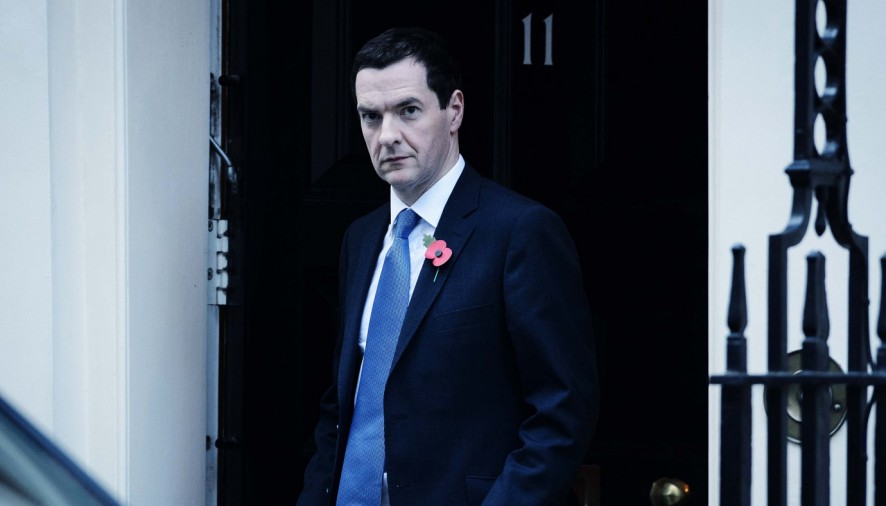I was greatly moved recently when reading about the worries of a father who feared his children might never be able to afford their own homes and may struggle to live independently on their wages. I was moved not to tears, but to laughter, as the concerned parent in question was multimillionaire David Cameron. This is the same David Cameron whose government had its attack on tax credits defeated in the House of Lords last year (nothing demonstrates one’s concern for children more than cutting child tax credits, surely?), and then last week had its proposal to scrap the measurement of child poverty defeated in the House of Lords.
The latter of these two defeats prevent the government from overturning measures put in place by the last Labour government. These measures are two-fold. They establish the measurement of child poverty as being that of any child who lives in a household the income of which is 60% or more below the UK’s average, and they establish a target to eradicate childhood poverty by the year 2020. Figures published in June 2015 showed that child poverty remained at around 2.3 million or 1 in 6 children – about the same as previous years. It is for this reason, many have suggested, that Iain Duncan Smith announced a government proposal in July 2015 to scrap the 2020 target and to alter the ways in which childhood poverty is measured so that the figures would decrease.
The proposals were to replace the current system of measuring poverty with a duty to report levels of unemployment, educational attainment and addiction. This might not, at first, seem completely absurd. After all, unemployment, low educational attainment and addiction are highly linked to poverty, though it is arguably poverty that leads to these things and not these things that lead to poverty, so the government is actually ignoring the underlying problem and treating the symptoms instead. But there is a larger problem in that the Institute for Fiscal Studies last year reported that nearly two-thirds of children living in poverty come from working families, up from 54% in 2009-2010 to 63% by 2013-2014. When two-thirds of the number of children considered to be living in poverty under the current measurements come from working families, simply changing the way in which you measure poverty so that the focus is on lack of work does not better the lives and living conditions of the impoverished. This pernicious attempt to achieve some decent PR without making any actual changes demonstrates the level of contempt this government has for the vulnerable citizens of this country. It is yet another reprehensible attack on the poorest, with the sole aim of cheating the public into thinking that they have improved lives whilst turning public opinion against those who suffer the most.
The fact that this government thought that they could decimate social housing, slash benefits, introduce the bedroom tax, introduce a National Living Wage that is actually below the real living wage and then proudly proclaim that they had significantly reduced child poverty at the end of this is extraordinary. We must not allow them to continue their campaign of persecuting the vulnerable whilst they give themselves and – in a week where getting Google to pay 3% tax was paraded as an astounding success – their friends a free pass.
Liam Kerrigan
Image courtesy of AFP/Getty

